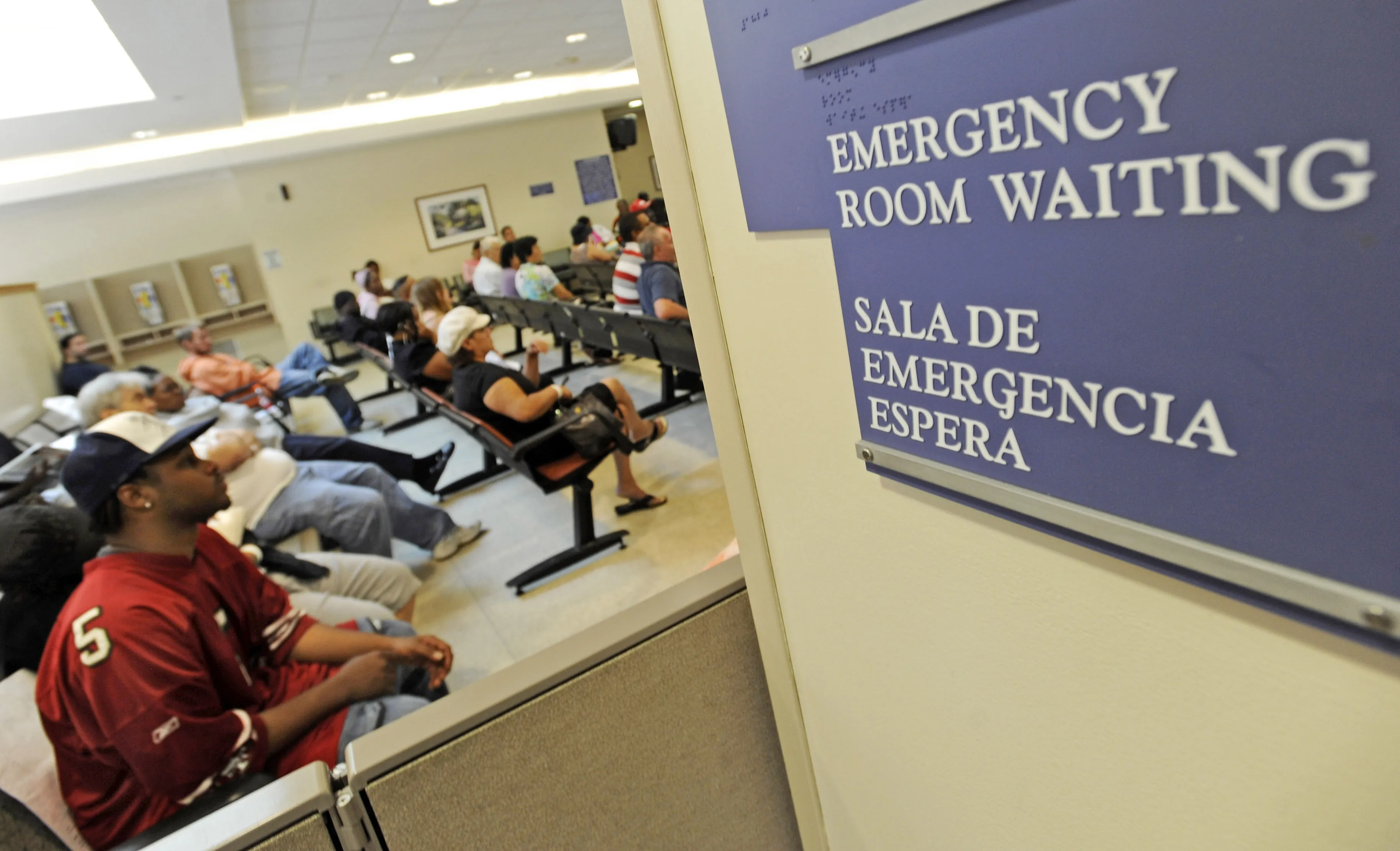Empowering Patients: The Urgent Need for Health Care Data Ownership

The Significance of Health Care Data Ownership
Health care data is critical for patients to manage their wellness. It exists in various forms, from medical records to daily health metrics. However, patients often lack ownership of this essential information, as their data remains trapped within disparate systems controlled by providers and insurers. This fragmented infrastructure complicates access to health history, undermining the patient experience.
The Vision for Patient-Controlled Data
In an ideal scenario, patients would control their health care data, enabling personalized treatments based on their unique conditions. Currently, centralized control by hospitals results in challenges for patients switching providers or seeking complete medical histories. When patients own their data, they can choose who to share it with, greatly improving continuity of care.
Creating a National Database
A national database that incentivizes and monetizes sharing patient data could promote a culture of collaboration within the health care system. By allowing patients to contribute their information in exchange for benefits like personalized insights, we can fuel advancements in medical research and improve overall health care delivery.
Addressing Data Ownership Clarity
The ambiguity surrounding patient data ownership poses a significant challenge. Insurers and health systems often claim ownership of data, overlooking the irrefutable right of patients to control their information. Establishing clear regulations and frameworks can facilitate patient agency in this regard.
Ensuring Data Security
Implementing policy initiatives that promote data portability and interoperability is crucial. Advancements like blockchain can offer secure and private management of health data, ensuring it remains accessible while protecting patient rights.
Conclusion: The Road Ahead
For health care data ownership to become a reality, collective efforts from stakeholders, policymakers, and technology innovators are necessary. A patient-centered approach will foster greater autonomy, ultimately leading to better health outcomes. By prioritizing the rights of patients regarding their health data, we can enhance the efficacy and efficiency of health care services.
This article was prepared using information from open sources in accordance with the principles of Ethical Policy. The editorial team is not responsible for absolute accuracy, as it relies on data from the sources referenced.